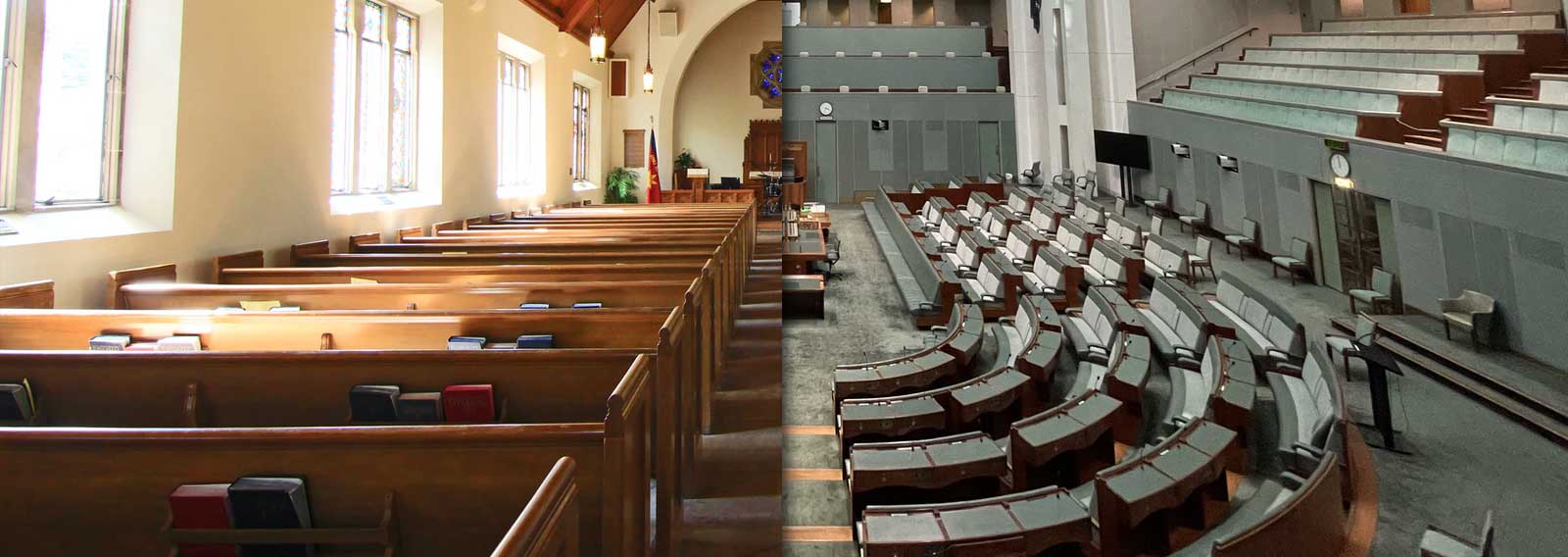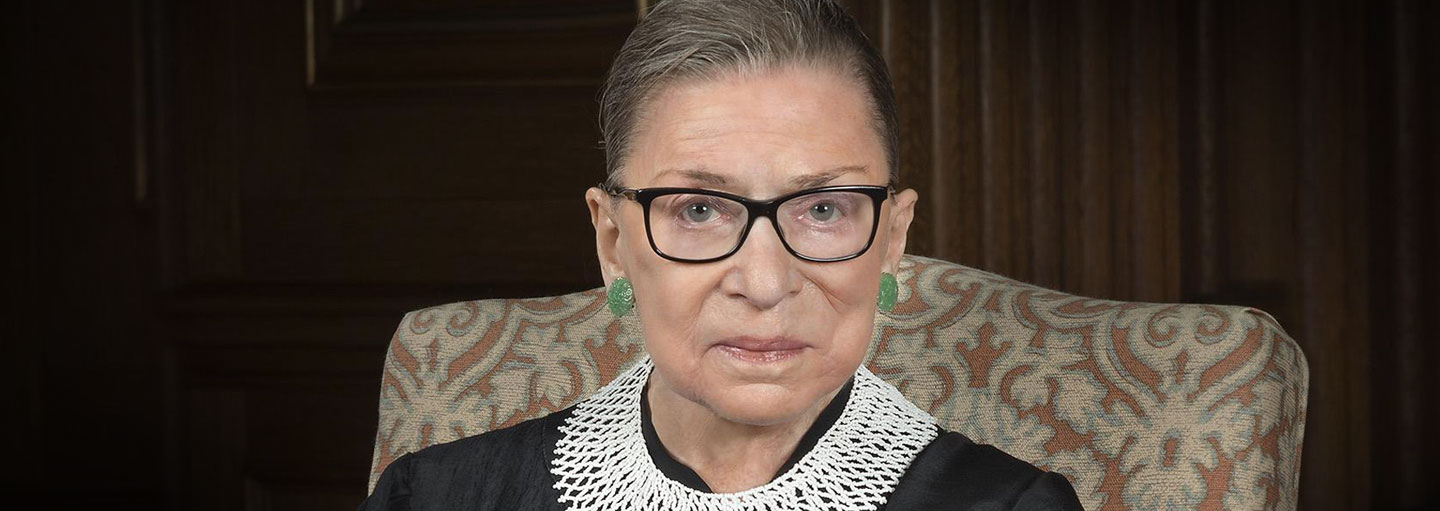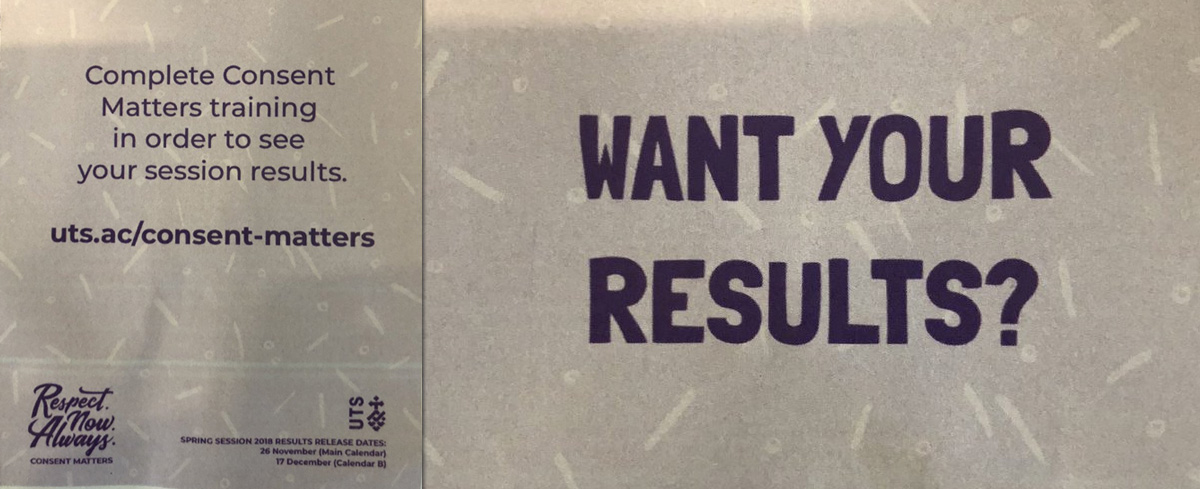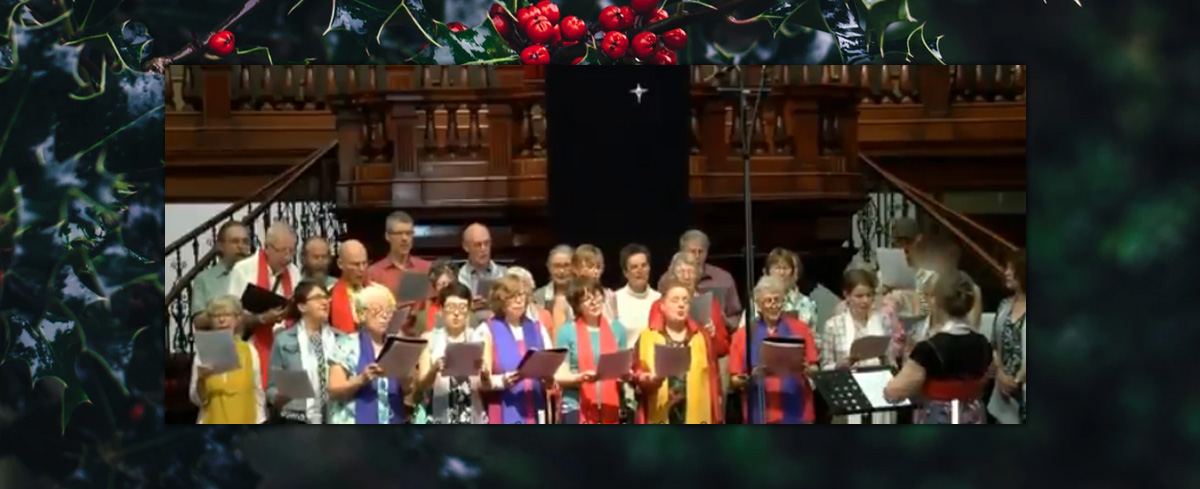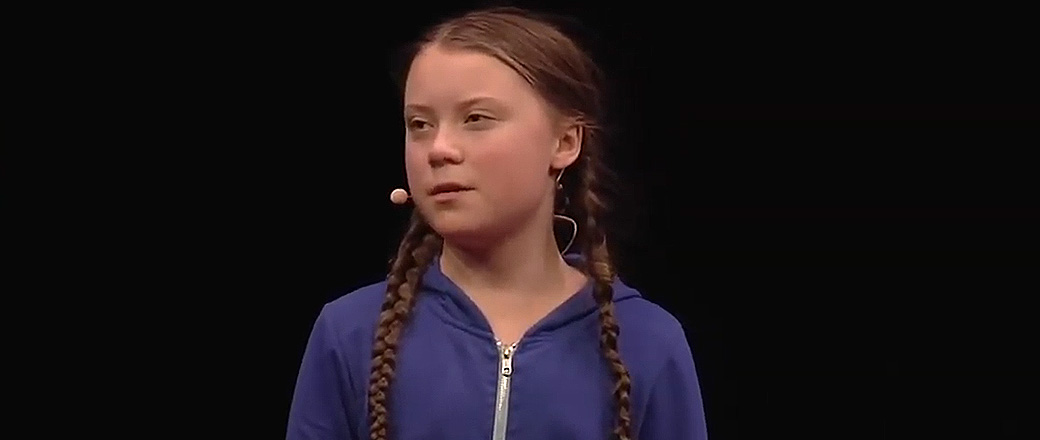“Separation of Church & State!” – it’s the old catch-cry that is often adopted from the United States when matters of morality meet legislation.1 It seems that many people think that the church should keep its nose out of politics and stop trying to influence the country. Despite this being a misuse and misunderstanding of the concept, it is nevertheless promptly forgotten when things are the other way round and the state is meddling in the operations of the church.
Unfortunately for Christians in Australia, we don’t have clear constitutional provisions to point at when the state and territory government gets uncomfortably involved in religious affairs. It seems that while Section 116 of our constitution protects us from the Federal government messing with religion, the States and Territories get free reign.
In theory, in Victoria, we have a Bill of Rights that protects the movement of people into and around the state; religious practice as part of a community in public; and peaceful assembly. I say “in theory” because the fact that such rights can be suspended indefinitely should communicate to us that they are really kind of token ideals and not rights at all.
For sure, it is not helpful to walk around crying “My rights! My rights!,” it is not what Christ has called Christians to be known for. That said, it is for the good of our neighbour that we seek their protection under law, and, that we point out the governmental deception. To say or imply: “here have your freedoms protected” in one place, and then to have them taken away when they are inconvenient is to lie to people about the existence of any notion of rights or true freedoms under the government law.
The very idea of rights was born out of a Christian view of humans being made in the image of God, but we live in a society that doesn’t recognise God, nor the idea that there are some things over which the civil government simply does not have jurisdiction. They have assumed power that God has not given them, despite the Commonwealth hope from 1900 that Australia would unite “humbly relying on the blessing of Almighty God.”2
Authority is delegated under God, with certain responsibilities given to people in various positions. These have famously been divided into the Civil, Church, Family, and Individual authorities. Much ink can be spilt in a thorough investigation of the division of these authorities from the biblical texts, however for the purposes of this discussion it is worth pointing out that civil governments shouldn’t be telling the church how, when and where to worship. Christians should absolutely submit to the government within their zone of authority, after all, “Rulers hold no terror for those who do right” (Rom. 13:3), and “they are God’s servants, agents of wrath to bring punishment on the wrongdoer” (Rom. 13:4).
But the follow-up question is: what happens when government becomes a terror to those who are doing right under God, and overstep the bounds of their authority to punish those who are doing good? What happens when they are doing the opposite of Romans 13:3-4? Well there are many examples of how faithful believers should react in those situations, not the least of which were the Hebrew midwives, David and Jonathan, and the Apostle Paul. Render to Caesars what is Caesars, not what belongs to God.
To be clear for us today, the government is “out-of-bounds” when they make limits about who, how many, and where people can join together to worship God, regardless whether their rules are specifically targeted at Christians or not. It’s just outside their jurisdiction. As the Church in general we have tried to accommodate their requested limitations for the sake of public health while still being faithful to the Lord Jesus. We are trying to operate within the civil rules, but the rules will not be a barrier to us doing the things that Christ has called us to do.
It is pertinent to remember Pharaoh who tried to limit where and how many people worshiped God – it was not his job to say. Nebuchadnezzar and Darius tried the same thing. Rome tried to exert their power on the religious observance of the early church. All carried power given to them by God, all arrogantly overstepped their limits.
It is a great and noble matter for the state to care for its citizens by seeking to protect us from a virulent disease (though the irony of murder being legal in most of the country is not lost on me). The evidence of their efforts are obvious: we have suffered the effects of disease at a much lower rate than other parts of the world. Good on them for working to provide a therapeutic treatment for the disease to the public free of charge! However good intentions do not justify overreach, and there are things that are more important than saving our lives from a specific disease. If the price of protection to our bodies is being prevented from doing things God has called us to do – then one must make a choice between therapeutic totalitarianism or obedience to Jesus.
Some may object that the government rules about religious gatherings are for health and safety. That may be so, but that doesn’t mean they should be trying to exercise authority in Jesus’ Church. Besides, it is not as though safety can only be achieved when enforced by the government! Church leaders should be the ones who make the call in their local context about what measures they will undertake to reduce risk, and what risks they will take in order to worship Christ faithfully.
It feels like many churches around the country have been able to have their cake and eat it too; taking on the burdens of many rules while still meeting to practice hospitality, sing, teach, care, and practice the sacraments. However, those church practices are outlawed in some places, and it is becoming apparent that many churches are willing to be subjected to that ungodly tyranny in the hopes that it will all blow over soon. Should Daniel have abstained from praying for 30 days so that Darius could have his way? After all, he was not required by God to pray three times a day, or with the windows open.
We have had it somewhat easy in Australia for a long time, where the realms of authority sat relatively neatly alongside each other. We hope that we may return to such days. Nevertheless, it is worth remembering that throughout history Christians have often had to choose between Caesar and Jesus. In this twilight, many of us know that things are not right but it feels hard to know where and when the line must be drawn.
When someone trespasses into your home, when do you say enough is enough? You can live with the school kids cutting the corner on their way past. You can live with the travelling salesman knocking on the front door, albeit begrudgingly. You can live with the unwelcome guest turning up for a cup of tea uninvited, but eventually one must ask them to leave.
How many increments are too many steps into trespassing?
Grace, patience, politeness, kindness, approachableness, and being peacemakers are all laudable traits to have, and there are those who would seek to abuse that in order to serve themselves. The state, not realising that they are unwelcome guests, have bullishly charged in to the House of God in Australia and assumed that they are co-signers on the property deed.
We pray that this state of affairs will come to a speedy end. If that is God’s plan, how that will be achieved is in His hands. However, that does not free us from responsibility; we still have in our hands as citizens of this country some small pieces of power, not the least of which are our voice and our vote. Providentially we have these things at our disposal, and so under Christ, we must use them to the glory of God. Even if our unwelcome guests will not listen to us, we should still be ready at every moment to serve Christ and remind the government they have no power in God’s House.
References:
- Initially written as “building a wall of separation between Church & State” by Thomas Jefferson in a letter dated 01.01.1802
- From the opening preamble of the Commonwealth of Australia Constitution Act


